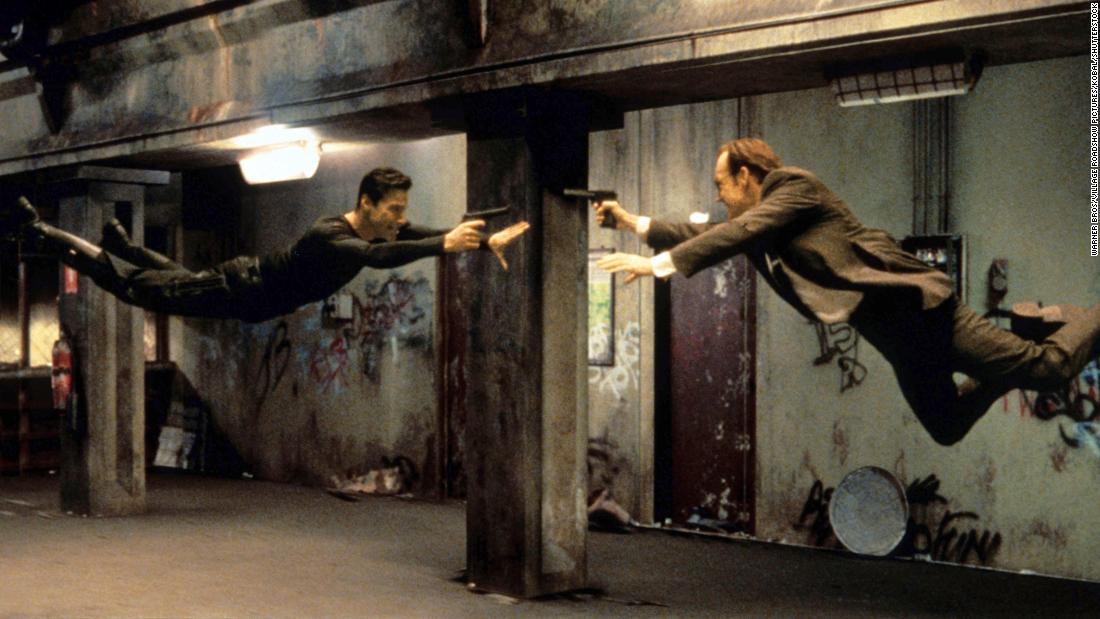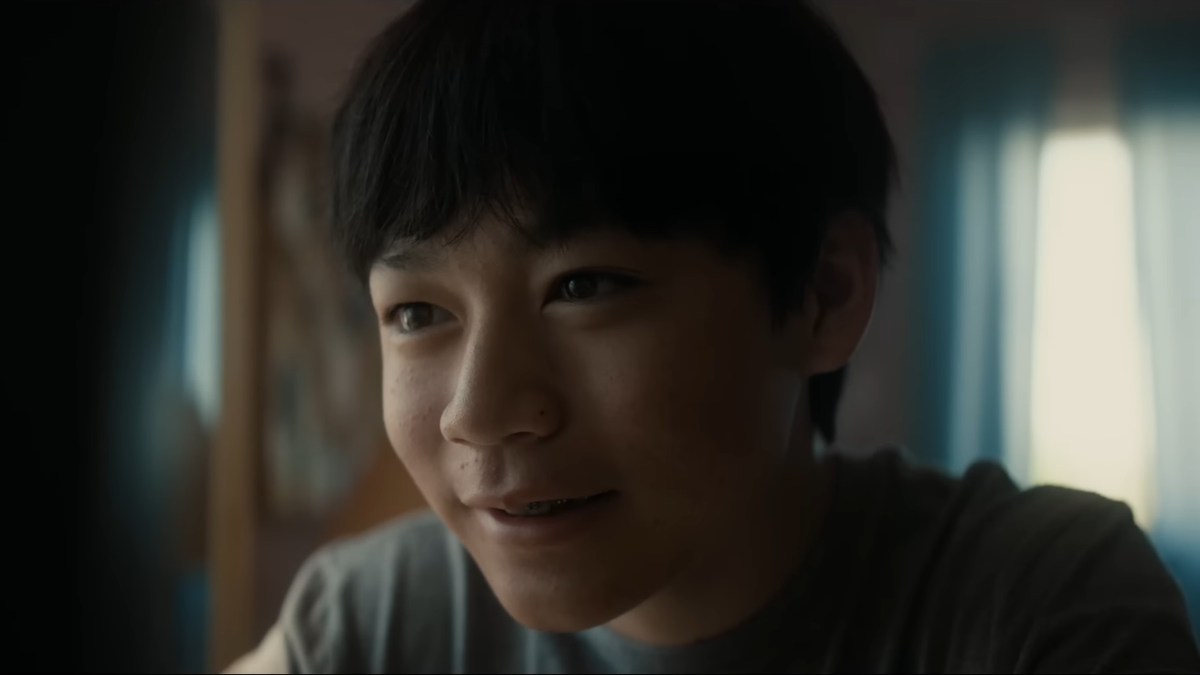Rating: 7.5/10
Spoilers ahead for “Presence”.
The ghost haunting trope: one of the most — if not the most — stereotypical horror tropes to have ever become popularized.
Given how stereotypical it is, it might even be tempting to argue such a trope is irrelevant in our modern age of convoluted psychological thrillers, weird vampire sex movies and disturbing body horror.
On one hand, you’d be right to have that argument; ghost hauntings are just not good material for films that are meant to be scary.
On the other hand, there’s always a lot of artistic value that can be gained from subverting a traditional trope for an ulterior purpose, and that’s exactly what “Presence” does best. Although it doesn’t exactly deliver on the traditional horror or thriller that you’d expect, the perspective “Presence” takes on this traditional trope is intriguing and — for all its faults — uniquely innovative.
The main feature — or gimmick, depending on how you look at it — of “Presence” is its unique cinematography. The film is shot from the first-person perspective of the ghost, spirit, presence or whatever the hell it is that’s haunting the house in the movie. Although it does run the risk of becoming gimmicky at times, the shot does much more to help the film than it does to hurt it.
There are times when the special shot is touching, giving us insight into a unique character arc that involves a sort of posthumous redemption for one of the main characters. Then there are also times when you just have to laugh because it’s so obvious that the creators of the film are self-aware of how weird it is to film from the first-person perspective of a ghost.
For example, there’s one scene where the main character and her boyfriend are undressing together, so the ghost starts destroying her closet to stop them from having sex. It’s things like this that make the new shot perspective unique and funny without being obtrusive or ruining your enjoyment of the movie.
However, the new shot does come with one absolutely huge issue: It is tasked with carrying the entire movie.
There are a lot of problems with this film. The dialogue is some of the worst I’ve ever witnessed, almost all the characters are completely insufferable, and — although the plot has some interesting existential themes — it is fairly stereotypical and forgettable.
Even so, there are times when “Presence” comes remarkably close to finding solid footing in its own right. The relationship between the father and daughter in the film is touching, and there are a few scenes that seem relatively realistic, dialogue-wise. But then you’ll just have a random subplot opened up about tax fraud that’s never followed up on. Also, why the hell do you need to have a subplot about tax fraud in a thriller movie in the first place?
It’s difficult to fault anyone in particular for some of these issues; it is a ghost haunting movie after all. Still, the burden is on studios to produce good films, and they just aren’t nailing a lot of the fundamentals here.
This is why it’s so difficult to accurately judge “Presence”. Although it does have a lot of issues that would have me throw out almost any other film, the unique style taken by the movie almost demands a watch. It’s at least nice to see something innovative in the industry from time to time, and this movie is certainly a leader in that department.
So, I think as my final verdict, I’ll have to say this: Go watch it, but don’t expect greatness; instead, expect a unique and innovative film with plenty of its own faults. It’s not perfect, but it’s different. And sometimes, that’s enough.
Kaleb Blizzard is a philosophy sophomore and opinion writer for The Battalion.































